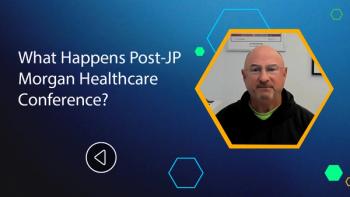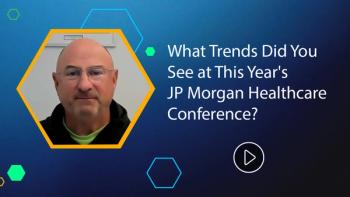
Broader Implications for the Drug Discovery Field
In this part of his Pharmaceutical Executive video interview, Fabrice Chouraqui, CEO of Cellarity, speaks about the broader implications of Cellarity's approach for the drug discovery field.
Beyond the potential for transformative treatments, what are the broader implications of Cellarity's approach for the drug discovery field? Could it potentially lead to faster development times or reduced costs?
The cell is a much better proxy for disease than just a single molecular target, and as such, we have developed a platform to yield much higher level of clinical translatability, which is one of the major limitations of the current drug discovery process. So, with this obviously we expect to decrease the rate of failure and so we can obviously decrease the cost. It takes to develop medicines and ensure that the breakthrough medication that we are discovering can be accessible by the vast majority of patients at the lower cost. Let me give you an example. For instance, in sickle cell disease, I mean a disease area for which there's been actually a number of therapeutic advances recently, yet there are huge unmet medical need. In this area for this disease, we've been able to use our platform to come up with a drug candidate, which potentially may be paradigm shifting for patients, we have created a drug candidate that has gene therapy like efficacy in a once a day pill.
I know it sounds mind boggling, but this drug candidate is due to enter the clinic next year. We've just completed the non-GLP toxicology package, which we showed that actually it is safe. And I think this is, it is a great illustration of the Cellarity platform in our way to create highly differentiated drug candidate, because at the end of the day, it's great to be able to harness, you know, all these new technologies, harness the power of AI, but really what matters is to create highly differentiated medicines that ultimately will be able to change the treatment paradigm, will be able to re add tremendous value in daily clinical practice so patients can re see the benefit.
Newsletter
Lead with insight with the Pharmaceutical Executive newsletter, featuring strategic analysis, leadership trends, and market intelligence for biopharma decision-makers.




